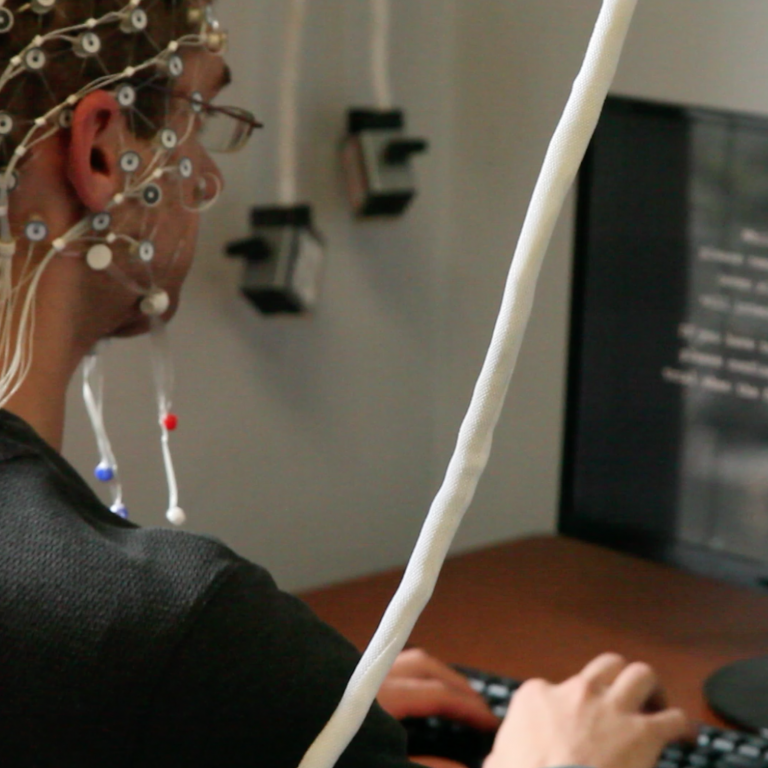What does is take for people to thrive? There has been much research on this question in the last 30 years and two key insights have emerged. What matters most to a life well lived are work that matters -- to you and to others -- and close relations to friends, family, and community. And what does it take to value the work that you do and to love and be loved by the people you share your life with? As Ken Sharpe and I argued a few years ago in our book, Practical Wisdom, to love well and to work well, you must be wise.
Aristotle identified the importance of practical wisdom (his word was phronesis) millennia ago. A wise person wants to do right by others. He or she has what we might call moral will. And a wise person has the good judgment to know what doing right by others requires--what we might call moral skill. Any work we do--whether as teachers, doctors, lawyers, police officers, or financiers--that involves other people requires both moral will and moral skill. Without them--without wisdom, our work will likely be both mediocre and dissatisfying.
In Thrive, Arianna Huffington adds a powerful voice and strong arguments to this view. As she has pointed out often in her work, we are all growing increasingly disenchanted with the institutions on which we depend. We can't trust them. They disappoint us. They fail to give us what we need. This is true of schools that are not serving our kids as well as we think they should. It is true of doctors who seem too busy to give us the attention and unhurried care we crave. It's true of banks that mismanage our assets, and of bond-rating agencies that fail to provide an accurate assessment of the risk of possible investments. It's true of a legal system that seems more interested in expedience than in justice. It's true of a workplace in which employees fulfill quotas and hit targets and manage systems but wind up feeling disconnected from the animating forces that drew them to their careers in the first place. And the disenchantment people experience as recipients of services is often matched by the dissatisfaction of those who provide them.
Most doctors want to practice medicine well and keep up with the latest medical research, but they feel helpless faced with the challenge of balancing patients' needs with the practical demands of hassling with insurance companies, earning enough to pay malpractice premiums, and squeezing patients into seven-minute visits. Most teachers want to teach kids the basics and at the same time instill a passion for learning, but they feel helpless faced with the challenge of reconciling these goals with mandates to meet targets on standardized tests, and to adopt specific teaching techniques. No one is satisfied--not the professionals and not the people they serve.
And when we try to make things better, we generally reach for two tools. The first tool is a set of rules and procedures that tell people what to do and monitor their performance closely. The second is a set of incentives that encourage good performance by rewarding people for it. The assumption behind carefully constructed rules is that even if people do want to do the right thing, they need to be told what that is. And the assumption underlying incentives is that people will not be motivated to do the right thing unless they get rewarded for doing so. Rules and incentives. Sticks and carrots. What else is there?
But most experienced practitioners know that rules only take them so far. How should a doctor balance respect for patient choice with the knowledge that sometimes the patient is not the best judge of what is needed? How should the doctor balance the need to spend enough time with each patient to be thorough, compassionate, and understanding with the need to see enough patients to keep the office solvent? How should a doctor balance the desire to tell patients the truth, no matter how difficult, with the desire to be kind?
Doctors--and teachers attempting to teach and inspire, or lawyers attempting to provide proper counsel and serve justice--are not puzzling over a choice between the "right" thing and the "wrong" thing. The quandaries they face are choices among right things--right things that clash. A good doctor needs to be honest with her patients, and kind to her patients, and to give them the hope they need to endure difficult treatments. But, these aims are often at odds, and the doctor must know how to balance honesty and compassion in a way that is appropriate for the patient in front of her.
Aristotle recognized that balancing acts like these beg for wisdom, and that wisdom has to be practical because the dilemmas we face are embedded in our everyday work. Wise practitioners are like jazz musicians--able to improvise when the situation demands it. They are able to take the perspective of the people they serve, and to balance the empathy of care and concern with a detachment that permits clear thinking. And the proper aim of what wise people do is never far from their minds. Rules and incentives--even good ones--not only fail to get us what we want and need from our doctors, teachers, and lawyers, but actually move it further away. Too many rules undermine the development of moral skill, and too much reliance on incentives undermines moral will. No matter how thoughtful and detailed the rules may be, and no matter how smart the incentives are, they can never provide an adequate substitute for people who have the character to want to do right by others, and the judgment to figure out what doing right by others requires. And when practical wisdom is cultivated, it is not only good for society but is, as Aristotle thought, a key to our own happiness. Wisdom isn't just something we "ought" to have. It's something we need to have in order to flourish.
Virtually all human beings, I believe, have the capacity for practical wisdom. And a society in which people thrive will be a society that nurtures practical wisdom and then allows people to deploy it. I hope the institution shapers of this world will pay attention to Thrive, and use its lessons to reshape the organizations within which they work.
Barry Schwartz is professor of psychology at Swarthmore College and author of The Paradox of Choice, and Practical Wisdom.
Read the article: Practical Wisdom: The Right Way to Do the Right Thing, by Barry Schwartz, Huff Post
Photo courtesy of Flickr Creative Commons/Bret Hartman.





